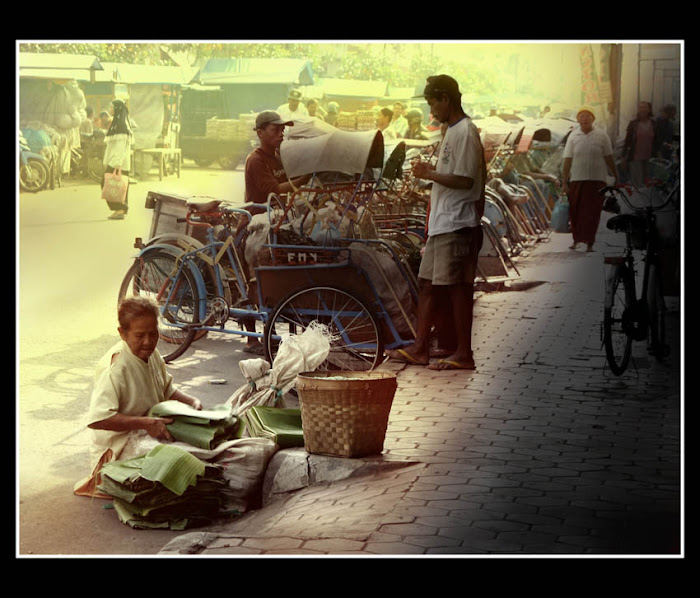by Erny Murniasih
Corruption...
This word might be the most popular word that is discussed by about 200 million Indonesians.
We still memorize headline news of the non-budgeter corruption case in Ministry of Fishery. Later, such corruption case has brought about political wars among politicians. Not to mention the previous unsolved corruption cases relating with the BLBI fund or other cases relating with mark-up practices in government institutions.
Corruption practices in
‘Mark-up’ practices, for instance, have long been experienced in government institutions. Initially, such practice was aimed to cover non-budgeted costs and involved lower level officials. Thus, sometimes the phrase ‘invisible corruption’ can be named for this type of corruption practices. However, as time goes by, such type corruption has grown and has reached upper level officials as decision maker. That is why, later, the small-scale corruption then positioned to be systematic and systemic.
Having had this, establishment of eradication commission is not fully solved the problems. The already-exist eradication commission in
Answers are varied. However, optimism should persist. There are ways to enable concrete condition to eradicate corruption. One of them is by constructing strong foundation for the nation.
A strong nation should have owned sustainable democracy as the foundation of its construction. The sustainable democracy can be delivered in four aspects which comprise of economic development, equality, political culture, and enhancement of civil society.
First is economic development. Economic development at national and regional level has influenced individual freedom to access public service delivery provided by the government. For this stand, Amartya Sen agrees that individual freedom for getting economic access would encourage development of freedom.
Access to economic and financial sector is crucial in order to encourage economic growth which in turn will open an equal opportunity for citizen and to gain welfare. Hence, economic development could be the main condition for reaching sustainable development.
Second is equality. The term of ‘equality’ which is best to describe for this occasion is how to allocate an equal public expenditures and equal opportunities for citizen. However, this should not only be seen as equal for all, but should concern with the characteristic of local needs and beyond jurisdictions. Therefore, the indicators to measure equality should reflect the potency of natural resources, human resources, geographical condition, and ethnic diversity. Equality for public expenditures should also consider accessibility to lower class people. In turn, citizens are having equal opportunities for gaining welfare and open a way for transparency.
Third is political culture which comprises political freedom and political attitude. Political freedom is the key to secure citizen rights, whilst political attitude is the transportation mode for experiencing democracy. Less commitment from politicians and lack of harmonization among politicians will un-secure political tensions. Strong support gained from political aspect is crucial to enable the eradication of corruption practices.
Fourth is enhancement of civil society. This last aspect will strengthen the nation building through trilingual communication between citizen, government, and politicians which has long been suggested as social contract by JJ Rousseau. If we reinforce the communication and if the governments (and politicians) have the courage to sign contract with citizen, the establishment of civil society might work optimally to supervise the performance of executive and legislative body. Citizen is able and is willing to voice their demand, including to voice corruption cases nearby.



No comments:
Post a Comment